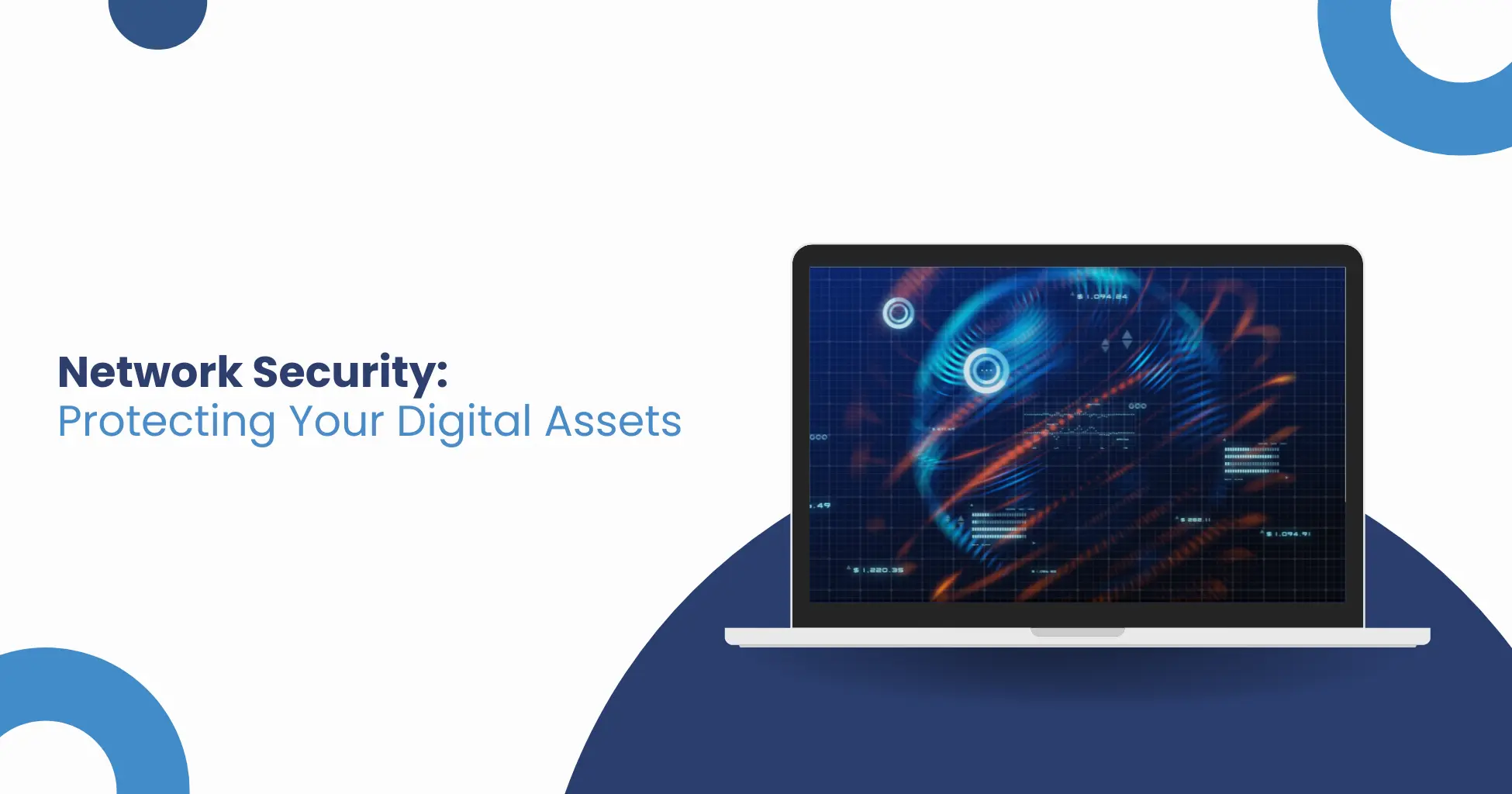During our present era of digital transformation, Network Security Houston is now essential for safeguarding priceless digital assets. Sensitive data must always be protected from cyber dangers, especially as companies depend more and more on cloud-based services and networked systems. A wide range of procedures, tools, and approaches are included in network security, all aimed at safeguarding the availability, confidentiality, and integrity of information stored on a network. This article explores the complex field of network security, emphasizing its significance, essential elements, and new developments.
Network Security in the Current Digital Environment:
Rapid technological breakthroughs and an increasing reliance on digital infrastructure characterize today’s digital landscape Every size business depends on networked systems to run well on a regular basis. However, this dependency comes with some very real concerns. Cyber threats, such as malware, phishing, and ransomware, are becoming more sophisticated and are intended to take advantage of holes in network infrastructures. Effective network security measures are essential to guard against these threats, preserve business continuity, and shield critical data from unauthorized access and potential breaches.
Essential Elements of a Sturdy Network Security Plan:
A strong network security plan is constructed from a few essential elements. Firewalls act as a barrier between trustworthy and untrusted networks by filtering incoming and outgoing traffic in accordance with pre-established security criteria. Systems for intrusion detection and prevention, or IDPS, are essential for keeping an eye on network traffic, looking for unusual activity, and thwarting such threats. By identifying and thwarting harmful software, antivirus and anti-malware programs offer an extra line of protection. By dividing a network into smaller, more manageable portions, network segmentation helps to contain potential breaches and restrict the spread of assaults. To further ensure a safe network environment, strict access rules and frequent security audits must be put in place.
Recognizing and Preventing Network Threats: Types:
It is important to comprehend the many kinds of network risks and how to prevent them from defending against them. Malware, which includes Trojan horses, worms, and viruses, is made to enter networks and do harm. Phishing attacks utilize shady emails or websites to deceive people into disclosing personal information. Attacks known as Distributed Denial of Service (DDoS) overload network capacity and interrupt services. Long-term, focused attacks with the intention of collecting confidential information are known as Advanced Persistent Threats (APTs). A multi-layered strategy that combines employee education, strong security technology, and frequent system updates to fix vulnerabilities is needed to prevent these risks.
Solutions for Network Security: Antivirus Software, Firewalls, and Others:
Solutions for Network Security Houston cover a broad spectrum of tools and techniques. Firewalls continue to be an essential element, acting as the first line of protection by screening traffic according to security guidelines. Endpoints and networked devices are safeguarded by antivirus and anti-malware programs, which identify and remove unwanted software. Intrusion detection and prevention systems (IDPS) automatically block any threats and keep an eye out for suspicious Activity in network traffic. Data encryption also guarantees the confidentiality and security of information transferred over a network. Cutting-edge technologies that provide real-time threat intelligence and response capabilities include Security Information and Event Management (SIEM) systems, which collect and analyze security data from various sources.
MSPs, or managed IT services, are essential to improving Network Security Houston for companies. These service providers provide an extensive range of services, such as regular security assessments, threat detection, incident response, and continuous monitoring. Businesses can obtain specialized knowledge and cutting-edge technologies by outsourcing network security to MSPs without having to make substantial internal investments. Additionally, MSPs offer scalability, which enables companies to adjust to evolving threats and shifting security requirements. Through this relationship, companies can concentrate on their core competencies while guaranteeing the effective and efficient management of their network security.

The Best Ways to Put Network Security Measures into Practice:
Following best practices is necessary for the implementation of efficient Network Security Houston solutions. First, frequent security audits and vulnerability assessments aid in locating and resolving possible network infrastructure vulnerabilities. Strong access controls ensure that sensitive data and vital systems are only accessible by authorized persons. Programs for employee awareness and training are crucial for educating staff members about typical cyberthreats and safe online conduct. Furthermore, updating systems and software with the newest security patches is essential for minimizing vulnerabilities that are known to exist. Security is further improved by network segmentation and the least privilege principle, which prevent assaults from spreading and limit access to vital resources.
Network Security Compliance: Making Sure Rules Are Followed:
Keeping a secure digital environment requires strict adherence to network security laws. Certain industries are bound by laws and guidelines, such as the Payment Card Industry Data Security Standard (PCI DSS) for companies that handle credit card data or the Health Insurance Portability and Accountability Act (HIPAA) for the healthcare sector. Following these rules guarantees that businesses put in place the security measures required to safeguard confidential information and uphold customer confidence. Frequent compliance audits and assessments reduce the risk of fines and reputational harm by assisting in finding gaps and ensuring ongoing adherence to regulatory requirements.
Systems for Advanced Threat Detection and Response:
To locating and reducing sophisticated cyber threats, advanced threat detection and response systems are crucial. These systems use artificial intelligence and machine learning to evaluate massive volumes of security data in real time, seeing trends and anomalies that could be signs of impending attacks. Rapid reaction to threats is made possible by endpoint detection and response (EDR) technologies, which keep an eye on endpoint activity and identify suspicious behavior. SIEM (Security Information and Event Management) systems provide a thorough understanding of the network environment by combining and analyzing security data from many sources. Organizations can improve their capacity to recognize, address, and mitigate cyber threats by putting advanced threat detection and response systems into place.














